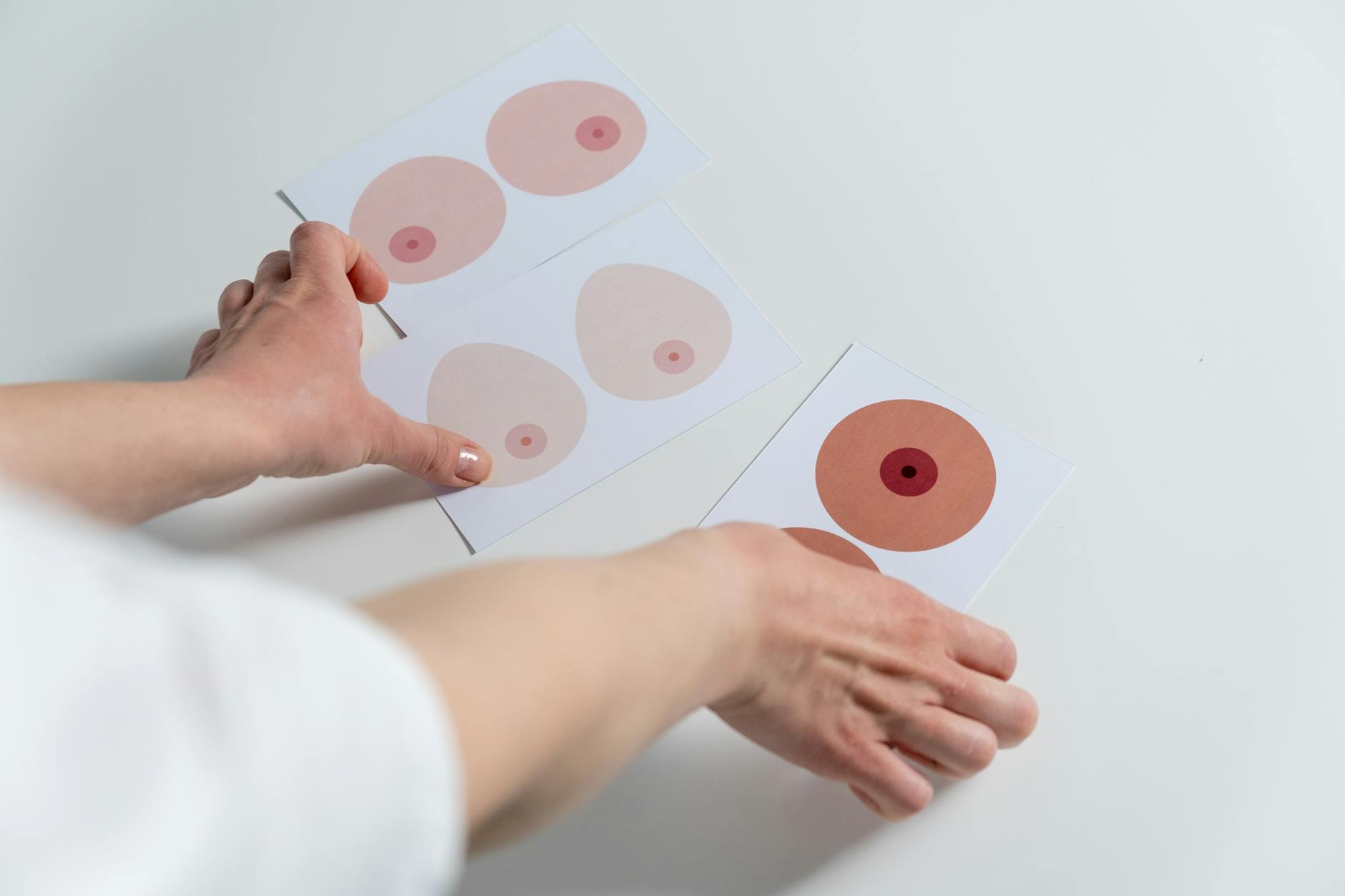
You don’t know the word until someone says it like a question
It doesn’t begin with understanding.
It begins with fear shaped like unfamiliar syllables.
Someone says “oncology” softly, almost like it might dissolve in air.
You nod, as if it means something.
You don’t ask what it is. Not then.
You’re afraid the answer will sound worse.
The room is white.
The faces are kind.
But your stomach turns like the ground has changed.
They say more words you don’t absorb.
You cling to one: “specialist.”
That means there’s more to know, and not from them.
You cling to one: specialist
You’re handed a card with a name.
An office address. A time and date.
You stare at it like it’s a verdict.
Someone says, “It’s just a consultation.”
But you already know nothing is “just” anymore.
You google the name. Then stop yourself.
The waiting room is silent in a different way.
No one makes eye contact.
You wonder if everyone here is carrying the same word.
You try to breathe through the quiet.
The lights buzz too loudly.
You forgot your questions.
You try to breathe through the quiet
They call your name with gentle rhythm.
You walk slower than usual.
The air is heavier back here.
You meet the oncologist.
Their voice doesn’t echo. That helps a little.
They say things like “scan,” “pathology,” “possibility.”
You nod. Again.
You’ve nodded more this month than in years.
You realize that nodding is the only control you have.
They talk about cells like they’re familiar.
You want to hate the word “malignant”
But you hate the waiting more.
You want to hate the word malignant
Oncology isn’t only about answers.
It’s about holding people through not-knowing.
You start to understand that slowly.
They don’t promise.
They outline.
They listen to the spaces between your words.
Someone tells you it’s a “field of medicine.”
You already knew that.
But it feels like a place you’ve entered, not a concept.
A place with hallways, machines, whispered reassurances.
No one walks fast here.
Time folds and unfolds strangely.
A place with hallways, machines, whispered reassurances
You come back again.
And again.
Not because you want to, but because you must.
They track things on screens.
You start to understand the patterns.
White blood cells become more familiar than old friends.
Your body becomes a chart.
A series of updates and alerts.
But the oncologist still asks how you’re sleeping.
They ask what you’re afraid of.
They don’t record your silence,
But they make room for it.
They make room for your silence
There’s a rhythm to treatment.
Appointments, labs, scans.
You learn to measure time by side effects.
Some days are hard.
Some are almost normal.
You stop expecting normal to mean painless.
They say “remission” like it’s glass
Fragile. Precious.
You don’t hold it too tightly.
Not yet.
You’ve learned how quickly things shift.
You live inside contingency.
You live inside contingency
Oncology doesn’t only live in the hospital.
It follows you home.
It sits with you at dinner.
It climbs into bed with you at night.
It’s in the pills beside your toothbrush.
In the calls you dread and wait for.
The oncologist becomes more than a doctor.
They’re the one who looked you in the eye
When your breath caught in your throat.
They remembered your daughter’s name.
They noticed when your weight dropped
Before you could say anything.
They remembered your daughter’s name
You don’t always agree with them.
Sometimes you’re angry.
Sometimes they are the bearer of grief.
But they never disappear.
That matters more than you say aloud.
That kind of presence is rare.
They don’t say they’ll fix it.
They say they’ll stay with it.
You didn’t expect that.
You thought medicine was about solving.
Turns out, it’s often about witnessing.
And adjusting the light around fear.
Turns out, it’s often about witnessing
There’s a moment—somewhere between rounds—where you realize you’re still here.
Not cured. Not unchanged. But here.
You look in the mirror and see someone else
And yet someone more you than ever.
You don’t remember how the months passed
But you remember the days you almost didn’t show up.
You go in for a scan
And the nurse smiles like she knows your favorite chair.
Small mercies. Small anchors.
The oncologist nods at your progress
But you’re the only one who knows what it cost.
There’s no scale for that.
You’re the only one who knows what it cost
Oncology is not just about cancer.
It’s about people—living through the shadow of something too big to name.
You realize that slowly.
In waiting rooms.
In the way hands shake after phone calls.
In the way no one asks for pity.
It becomes clear in a quiet moment:
You’re not a case.
You’re a person with a body that’s learning again.
And the one across from you—white coat, steady tone—is learning with you.
Not about cells.
About staying.
